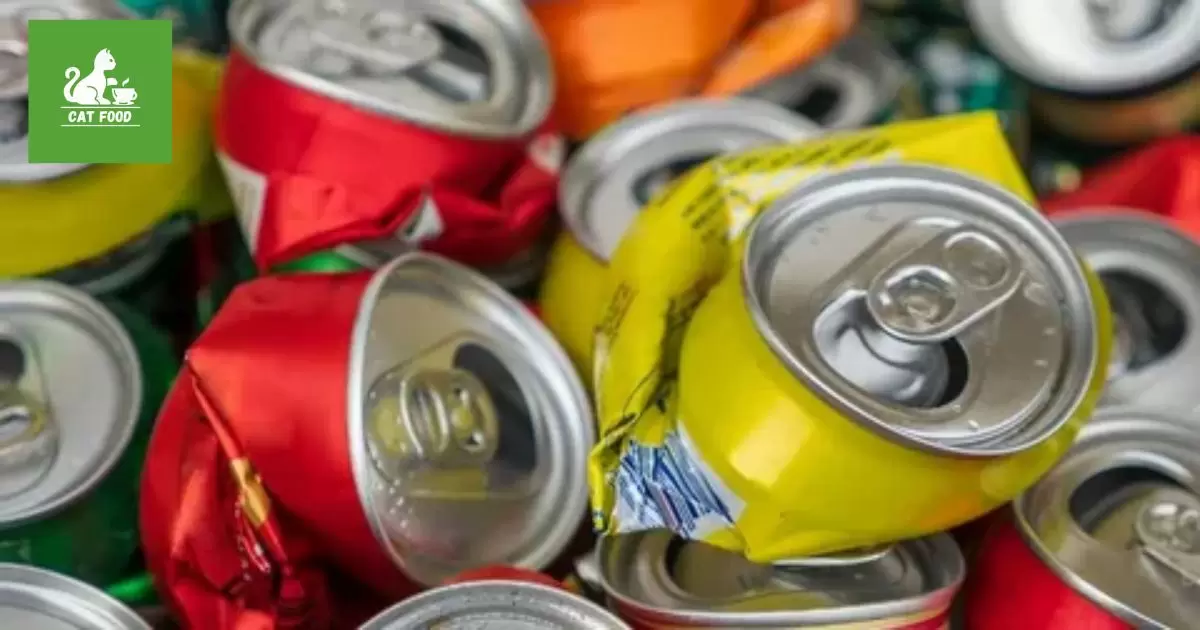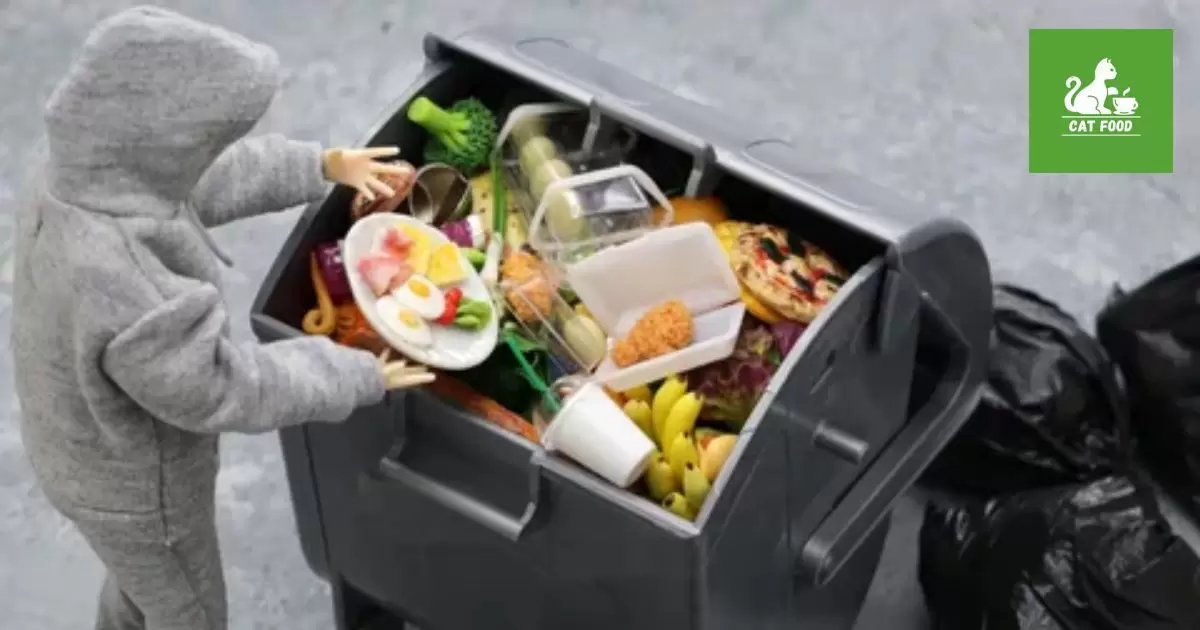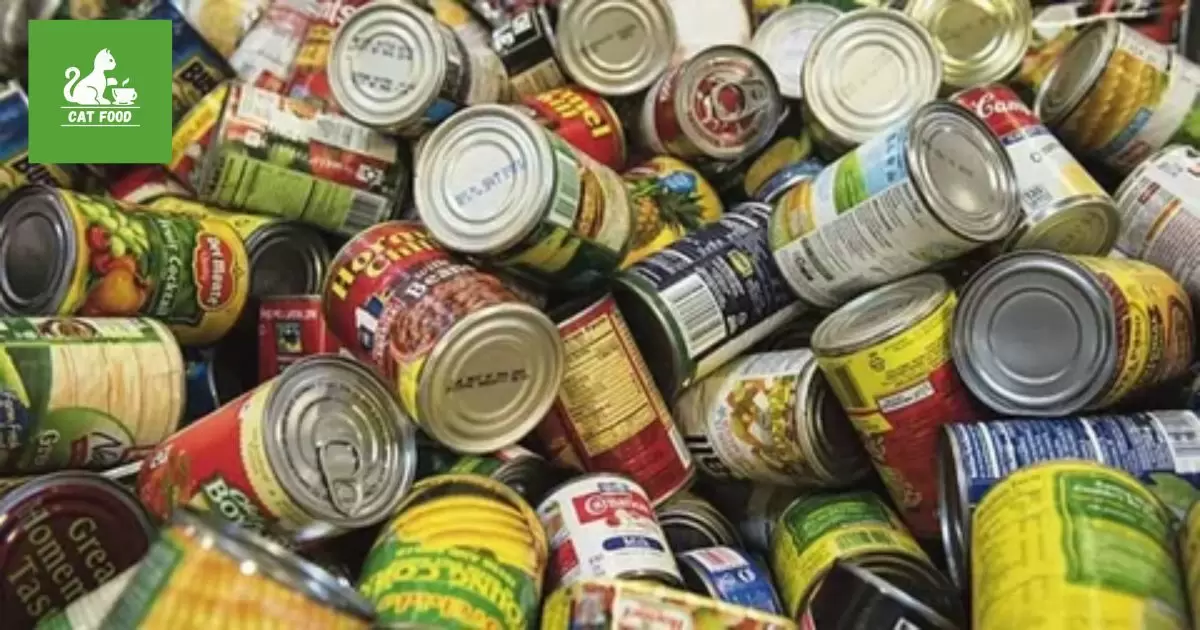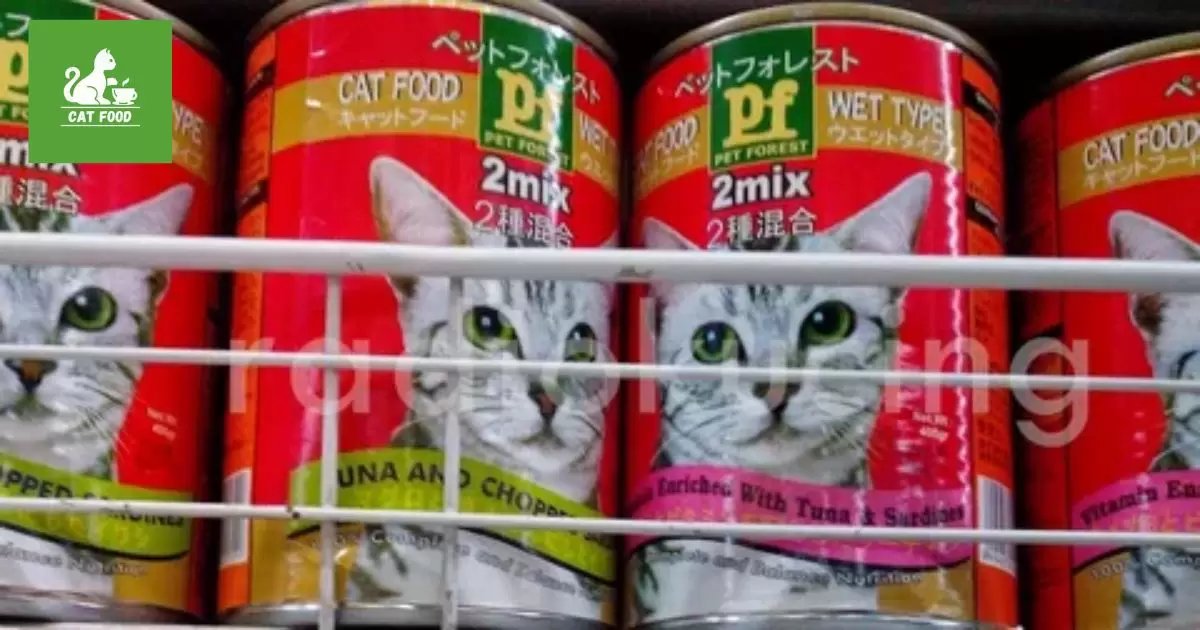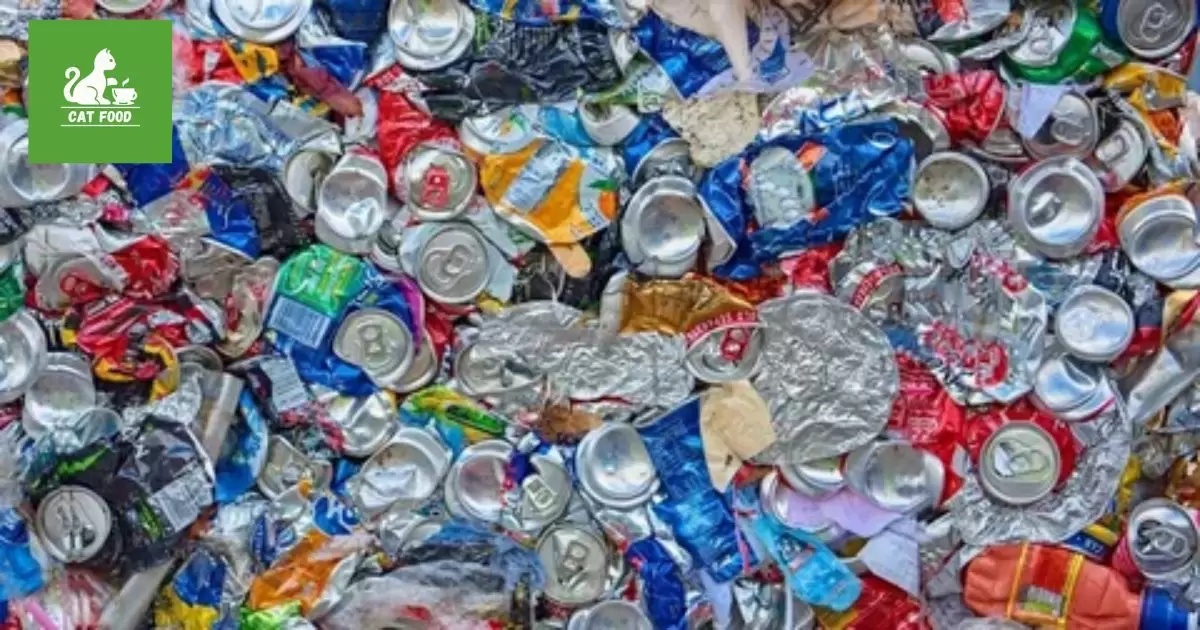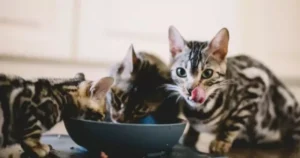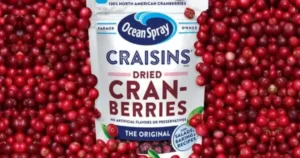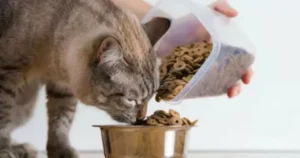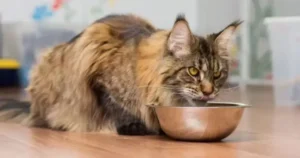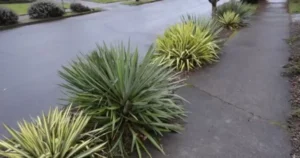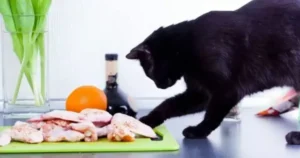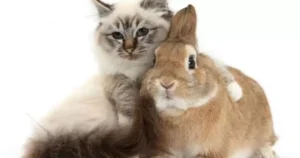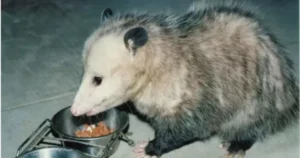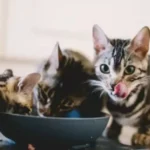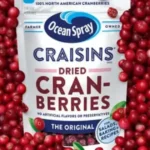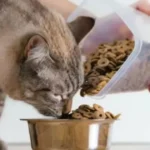Cat food cans are typically made from tin-coated steel or aluminum. These materials can often be accepted for recycling depending on local guidelines. Recycling cat food cans conserves resources and diverts waste from landfills. Preparing cans properly optimizes chances for successful recycling.
Are Cat Food Cans Recyclable? With over 181 million cats living in American households, vast amounts of cat food cans enter waste streams annually. Proper recycling decreases this metal waste. many municipalities cannot recycle food-contaminated items regardless of the material. Checking local policies is key.
Cat food cans consist of metals which in theory pose no barriers to recycling. Yet readying cans for recycling facilities often requires extra steps like rinsing. With added effort, communities can further improve recycling rates and reduce residue reaching landfills. Doing our part keeps recyclable cat food cans circulating through reuse streams.
How to Tell if a Cat Food Can is Recyclable
When determining if a used cat food can is recyclable, there are two key things to look for:
Material
- Steel cans – These are tin-coated steel cans and are often used for wet cat food. Steel is magnetic and one of the most commonly recycled materials.
- Aluminum cans – Aluminum cans might be used for cat treats or supplements. Aluminum is non-magnetic and is also frequently recycled.
Labels
The labels on cat food cans may impact recyclability. Cans with paper labels that can be easily removed have the highest chance of being recycled. Cans with plastic shrink sleeves or durable plastic labels are more difficult to process and may not be accepted.
Check with your local recycling program to understand their exact policies on pet food can recycling. While the steel and aluminum that make up the can are recyclable, contamination from attached plastics may disqualify them.
Benefits of Recycling Cat Food Cans
| Benefit | Simple Sentence |
| Conserves Resources | Recycling saves metal ores and minerals. |
| Prevents Waste | Recycling reduces trash and landfill waste. |
| Saves Energy | Making new cans from recycled metal uses less energy. |
| Lowers Carbon Emissions | Recycling cuts greenhouse gases from manufacturing. |
| Creates Jobs | Recycling programs create domestic jobs. |
| Provides Income | People can redeem deposits to earn money. |
| Supports Charities | Donated cans raise funds for good causes. |
| Protects Wildlife | Fewer mines and landfills preserve habitats. |
| Promotes Sustainability | Recycling makes economies circular. |
| Sets Example | Our actions model sustainability for others. |
There are important environmental and economic reasons to recycle cat food cans whenever possible:
- Conserves natural resources and energy
- Reduces greenhouse gas emissions
- Reduces waste sent to landfills
- Supplies materials to manufacturers to make new products
- Supports domestic jobs in recycling and manufacturing
On average, recycling one ton of steel conserves 2,500 pounds of iron ore, 1,400 pounds of coal, and 120 pounds of limestone. Recycling aluminum cans conserves more than 90% of the energy needed to make aluminum from bauxite ore. Given the billions of pet food cans used in the United States each year, this conservation can add up to major energy savings and environmental benefits. Skunks Eat Cat Food when easier food sources are scarce, so maintaining tidy outdoor areas helps avoid attracting skunks to cat food bowls.
Preparing Cat Food Cans for Curbside Recycling
The key steps recommended to prepare used cat food cans for recycling with most curbside recycling programs in the U.S. include:
- Rinse – Empty cans and rinse thoroughly with water to remove food debris
- Remove paper labels – Take off paper labels if possible
- Do not crush or flatten – Cans should keep their shape
- Place in recycling bin loose – Do not bag cans
Squashing cans may cause them to get caught in the machinery at recycling facilities. Not rinsing thoroughly can lead to contamination. Following these tips improves the chances your cat food cans get successfully recycled.
Other Cat Food Can Recycling Options
For communities without curbside recycling pickup for metal cans, there are a few other recycling options to consider:
- Drop-off centers – Some recycling drop-off centers have dedicated bins for metal cans. These may be run by your city/county or private companies.
- Take to a scrapyard – Scrapyards purchase aluminum cans, steel cans, and other metal items by the pound to send for recycling. Rates fluctuate based on market demand. For very large quantities from a shelter or rescue organization, this may provide some monetary return.
- Recycle with a pet food company – A few pet food companies have in-store recycling programs to take back their brand of wet cat and dog food cans. These get sent back into the recycling stream to become new cans.
Recycling cat food cans takes just a minute but has tangible environmental rewards. Check your local recycling guidelines and teach all family members the proper procedures to make cat can recycling part of your routine.
FAQ’s:
Are empty cat food cans able to be recycled?
Yes, most curbside programs accept empty steel and aluminum cat food cans.
Do I need to rinse used cat food cans before recycling them?
You should rinse cans to remove residue that could contaminate the recycling process.
Can cat food cans with paper labels go in my curbside bins?
Cans with removable paper labels can be recycled, but durable plastic labels could cause issues.
Is it okay to crush cat food cans before putting them in the recycling?
Cans should retain their shape rather than being crushed for optimal recycling machine processing.
Where else could I bring cat food cans if curbside pickup isn’t available?
Check for metal recycling drop-off centers or scrap yards that purchase cans in your community.
Conclusion:
Cat food cans, like many metal food cans, are fully recyclable. it’s important to check the recycling guidelines in your local area before putting cat food cans in your recycling bin. Many municipal recycling programs accept steel and aluminum cat food cans, which can be melted down and remanufactured into new products. Before recycling, it’s essential to rinse out any remaining food residues from the cans. Overall, confirming the recycling rules in your community is crucial to determine if cat food cans are accepted.
In the end, cat food cans can often be recycled, but the specific guidelines depend on the recycling program in your neighborhood. Double-checking if these tin or aluminum cans are allowed is a must, as is giving them a quick rinse beforehand. Doing a bit of research by asking, Are cat food cans recyclable? will let you know if they can be tossed in with your other recyclables where you live.
